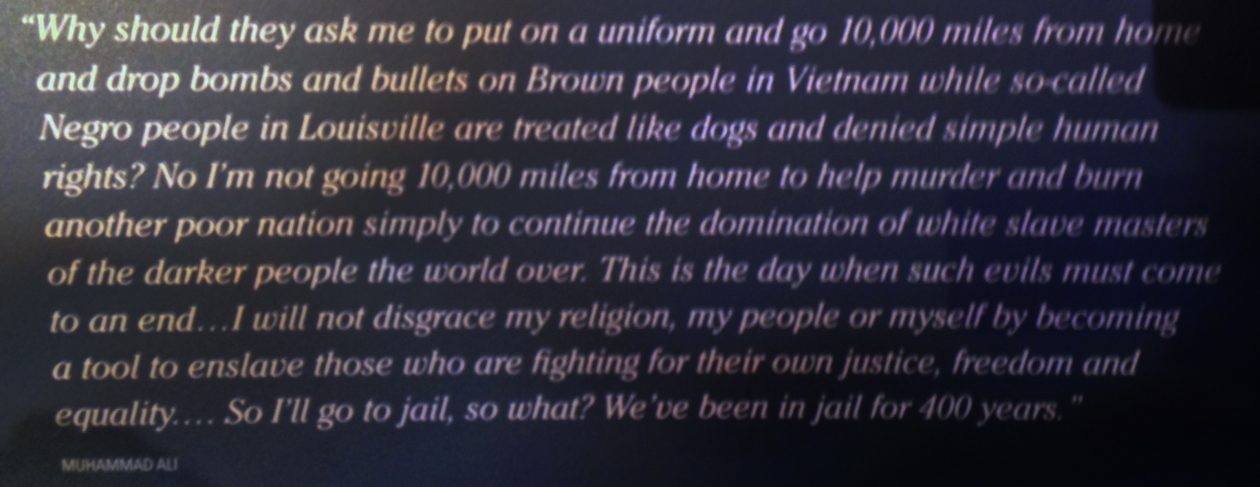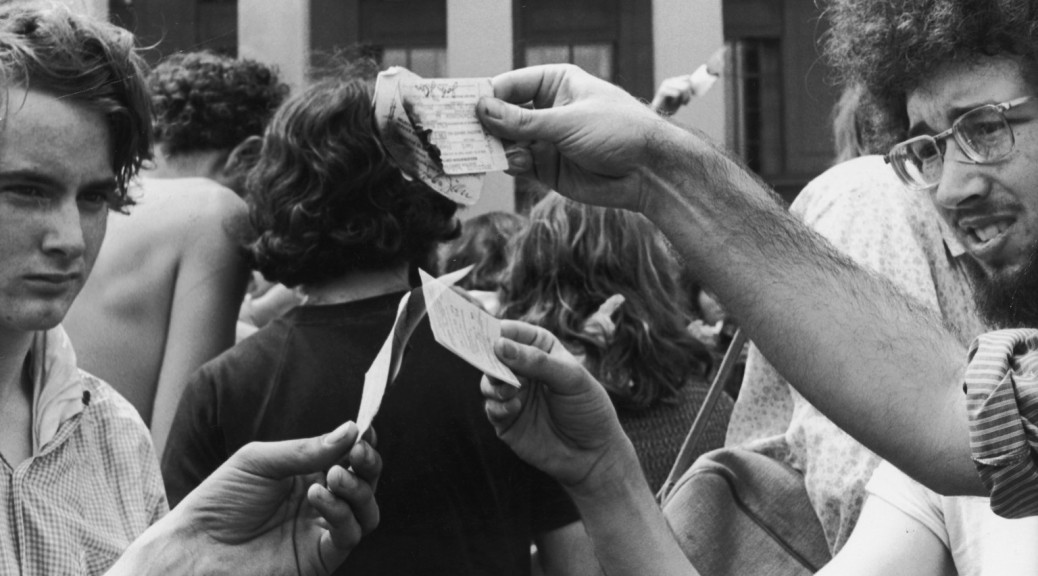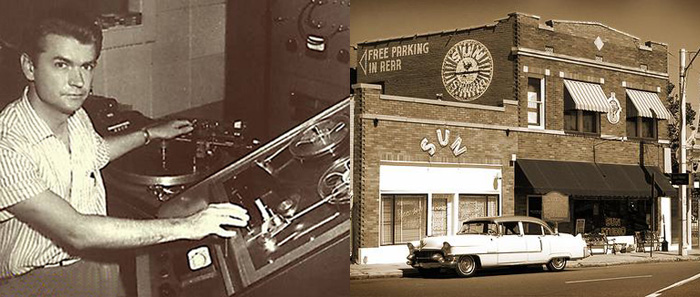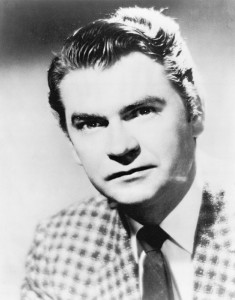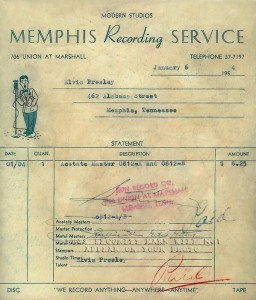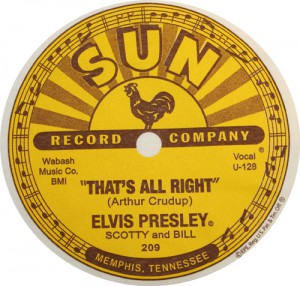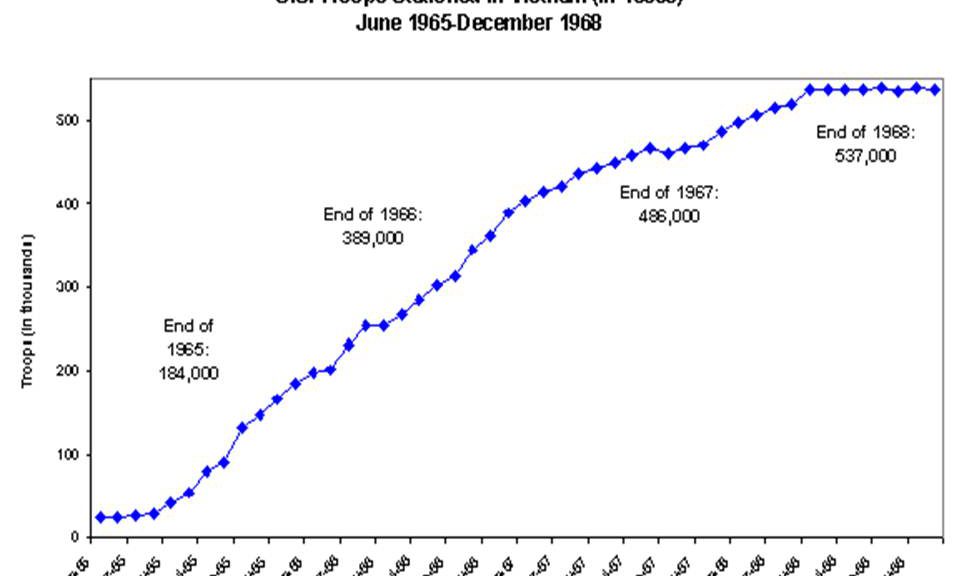Draft Resistance Indicted
Indictments
On January 5, 1968 Attorney General Ramsey Clark announced the indictment five men: author and pediatrician Dr. Benjamin Spock, the chaplain of Yale University Rev. William Sloane Coffin Jr., 23-year-old Harvard University graduate student Michael Ferber, Mitchell Goodman, 44, of New York and Temple, Me., and Marcus Raskin, 33, of Washington, co-director of the Institute for Policy Studies, a private research organization on charges of conspiring to counsel young men to violate the draft laws. (NYT article)
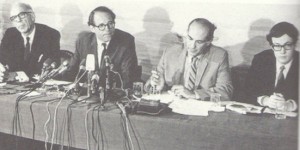
According to the indictment, Dr. Spock, Mr. Coffin, Mr. Raskin, and Mr. Goodman agreed to sponsor a nationwide draft-resistance program that would include disrupting the induction processes at various induction centers, making public appeals for young men to resist the draft and to refuse to serve in the military services and issuing calls for registrants to turn in their draft cards.
The government accused the men of having violated Title 50, Section 462(A) of the United States Code Appendix, a section of the Universal Military Training and Service Act that dates to World War I. It declared that any person was guilty of violating the law if he “knowingly counsels, aids, or abets another to refuse or evade registration or service in the armed forces” or if he “shall knowingly hinder or interfere or attempt to do so in any way, by force or violence or otherwise,” with the administration of the draft. It also makes it a crime to conspire to commit these acts.
Draft Resistance Indicted
Draft resistance increases
On January 12, 1968, the New York Times reported that, The Government disclosed…that more young men were prosecuted and convicted last year for draft violations than in any year since World War II. (Draft convictions)
On May 12, 1968 a jury was selected. It was an all-male jury (Jury selected).
Draft Resistance Indicted
Four guilty
On June 14, 1968, the jury found the four men guilty.
On July 10, 1968, Judge Francis J W Fort sentenced the four men to two years in prison
On July 11, 1969, because of insufficient evidence of a conspiracy, “The United States Court of Appeals for the First Circuit reversed today the convictions of Dr. Benjamin Spock and three other men who were found guilty in 1968 of conspiring to counsel evasion of the draft.”
